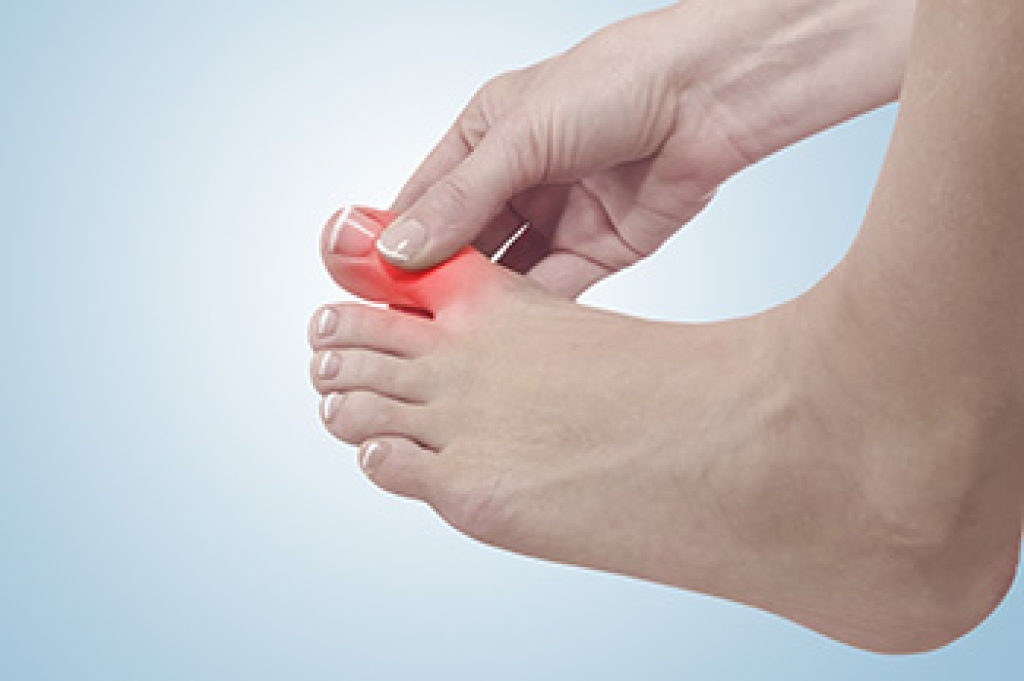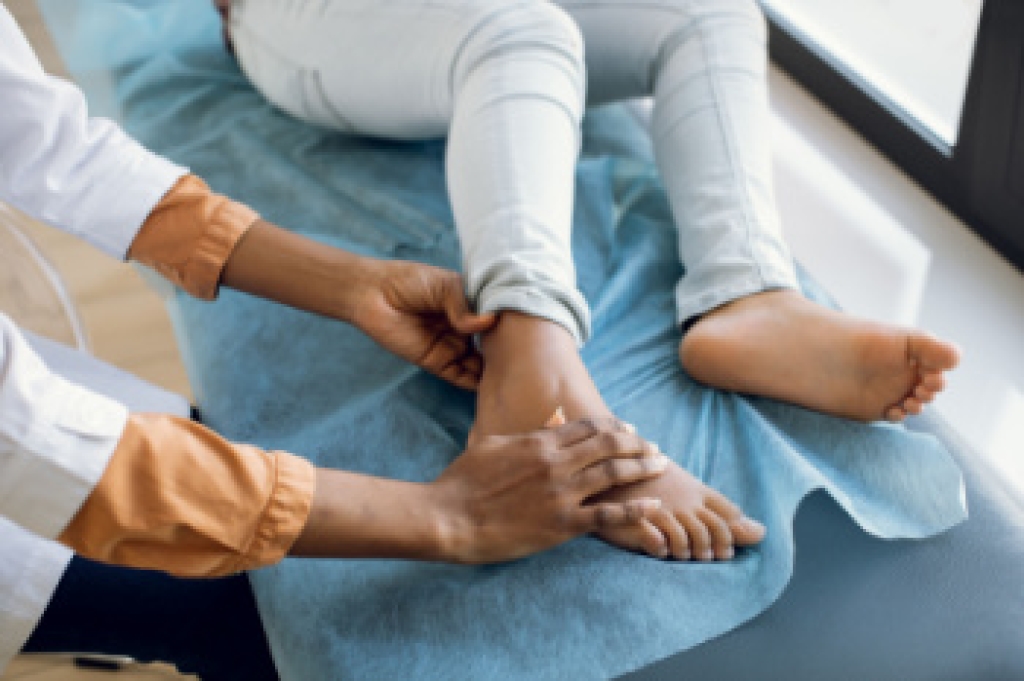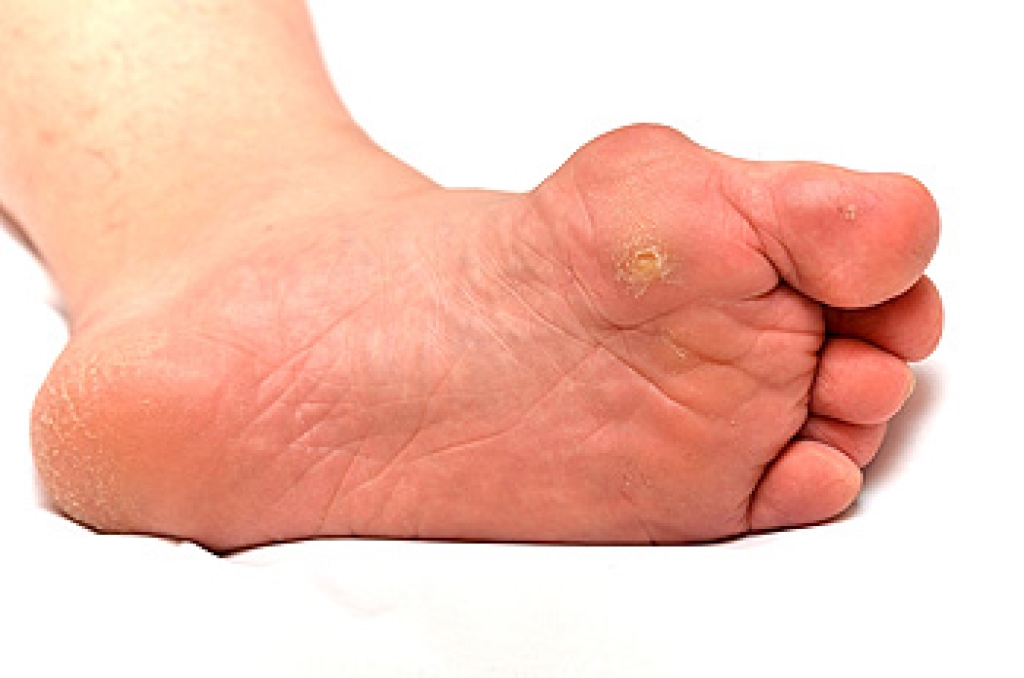
Gout is a form of inflammatory arthritis that commonly affects the foot, especially the big toe, and often appears without warning. It is caused by a buildup of uric acid in the blood, which can form sharp crystals in the joints due to diet, genetics, dehydration, or certain medical conditions. Symptoms include intense pain, swelling, redness, and warmth that may develop overnight. The joint may look shiny, swollen, and inflamed, and it often feels extremely tender to the touch, making walking difficult. A podiatrist can help by starting with a detailed history and physical exam, supported by imaging or lab testing when needed to confirm the diagnosis. Treatment may progress to medication management, footwear guidance, dietary education, and strategies to reduce flare-ups. Early care can limit joint damage and improve mobility. If you have gout, it is suggested that you schedule an appointment with a podiatrist for effective relief and management tips.
Gout is a painful condition that can be treated. If you are seeking treatment, contact Judson Siegel, DPM from Assabet Family Podiatry. Our doctor will treat your foot and ankle needs.
What Is Gout?
Gout is a form of arthritis that is characterized by sudden, severe attacks of pain, redness, and tenderness in the joints. The condition usually affects the joint at the base of the big toe. A gout attack can occur at any random time, such as the middle of the night while you are asleep.
Symptoms
- Intense Joint Pain - Usually around the large joint of your big toe, and it most severe within the first four to twelve hours
- Lingering Discomfort - Joint discomfort may last from a few days to a few weeks
- Inflammation and Redness -Affected joints may become swollen, tender, warm and red
- Limited Range of Motion - May experience a decrease in joint mobility
Risk Factors
- Genetics - If family members have gout, you’re more likely to have it
- Medications - Diuretic medications can raise uric acid levels
- Gender/Age - Gout is more common in men until the age of 60. It is believed that estrogen protects women until that point
- Diet - Eating red meat and shellfish increases your risk
- Alcohol - Having more than two alcoholic drinks per day increases your risk
- Obesity - Obese people are at a higher risk for gout
Prior to visiting your podiatrist to receive treatment for gout, there are a few things you should do beforehand. If you have gout you should write down your symptoms--including when they started and how often you experience them, important medical information you may have, and any questions you may have. Writing down these three things will help your podiatrist in assessing your specific situation so that he or she may provide the best route of treatment for you.
If you have any questions, please feel free to contact our offices located in Plainville, Marlborough, and Somerset, MA . We offer the newest diagnostic and treatment technologies for all your foot care needs.




